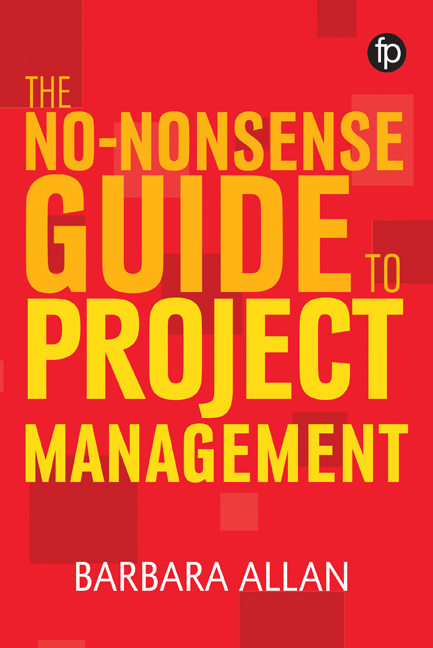Book contents
- Frontmatter
- Contents
- List of tables and figures
- List of case studies
- Acknowledgements
- 1 Introduction to the book
- 2 An overview of project management
- 3 Getting started
- 4 Planning the project
- 5 Implementation
- 6 Evaluation and dissemination
- 7 Using ICT to support project work
- 8 The money side of projects
- 9 The people side of projects
- 10 Working in partnership
- Index
8 - The money side of projects
Published online by Cambridge University Press: 08 June 2018
- Frontmatter
- Contents
- List of tables and figures
- List of case studies
- Acknowledgements
- 1 Introduction to the book
- 2 An overview of project management
- 3 Getting started
- 4 Planning the project
- 5 Implementation
- 6 Evaluation and dissemination
- 7 Using ICT to support project work
- 8 The money side of projects
- 9 The people side of projects
- 10 Working in partnership
- Index
Summary
Introduction
The ability to understand and manage the money side of projects is an essential skill for all project managers. Although some library and information service projects are carried out within normal departmental budgets, many are funded by external sources so information workers become involved in obtaining external funding and then managing a budget. The focus of this chapter is funding and obtaining funds from external sources, including crowdfunding. The chapter also covers current approaches to funding, technical terms, external sources of funding, bidding and tendering for projects, managing the finances, and audits.
Current approaches to funding
Organisations in the public and private sector are facing financial challenges, so there is a shortage of funding, particularly for the library and information service. Traditionally, many library and information services have had access to external funds through competitive bidding.
Funding is available from a wide range of sources, including international organisations, central and regional governments, businesses, charitable and other special funds. However, these sources are decreasing and there is greater competition for funding. Consequently, funders are looking for excellent and extremely convincing applications. In recent years, new ways of generating funding have developed as a result of social media, and an important new potential source for library and information services is crowdfunding (see the section ‘Crowdfunding’ later in this chapter).
External funding organisations
Keeping up to date with possible sources of funding is a challenging task. This section alerts readers to the wide range of funding sources currently available in the UK but does not attempt to provide a comprehensive list of all potential sources. Readers in other countries are likely to obtain guidance from their professional body or other agencies. For example, the American Library Association provides a Frontline Fundraising Toolkit (see www.ala.org).
There is a diverse range of sources of funding and the types and availability of funds is constantly changing. Table 8.1 shows examples of funding bodies. Funding opportunities change over time as the priorities and access to funds of funding organisations change. Therefore anyone who is considering bidding for funding must do extensive research to identify current sources of funding and their current detailed requirements. Many information workers use specialists who provide up-to-date information and advice on funding matters.
- Type
- Chapter
- Information
- The No-nonsense Guide to Project Management , pp. 155 - 174Publisher: FacetPrint publication year: 2017



